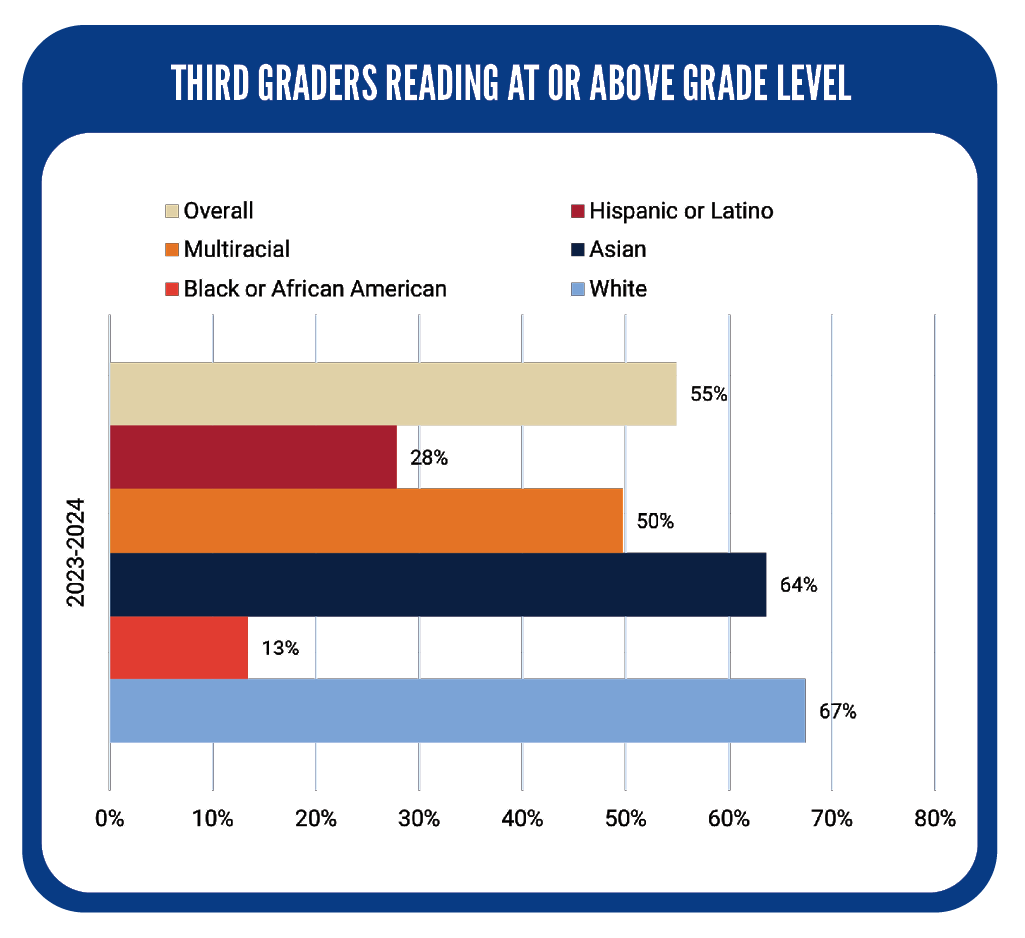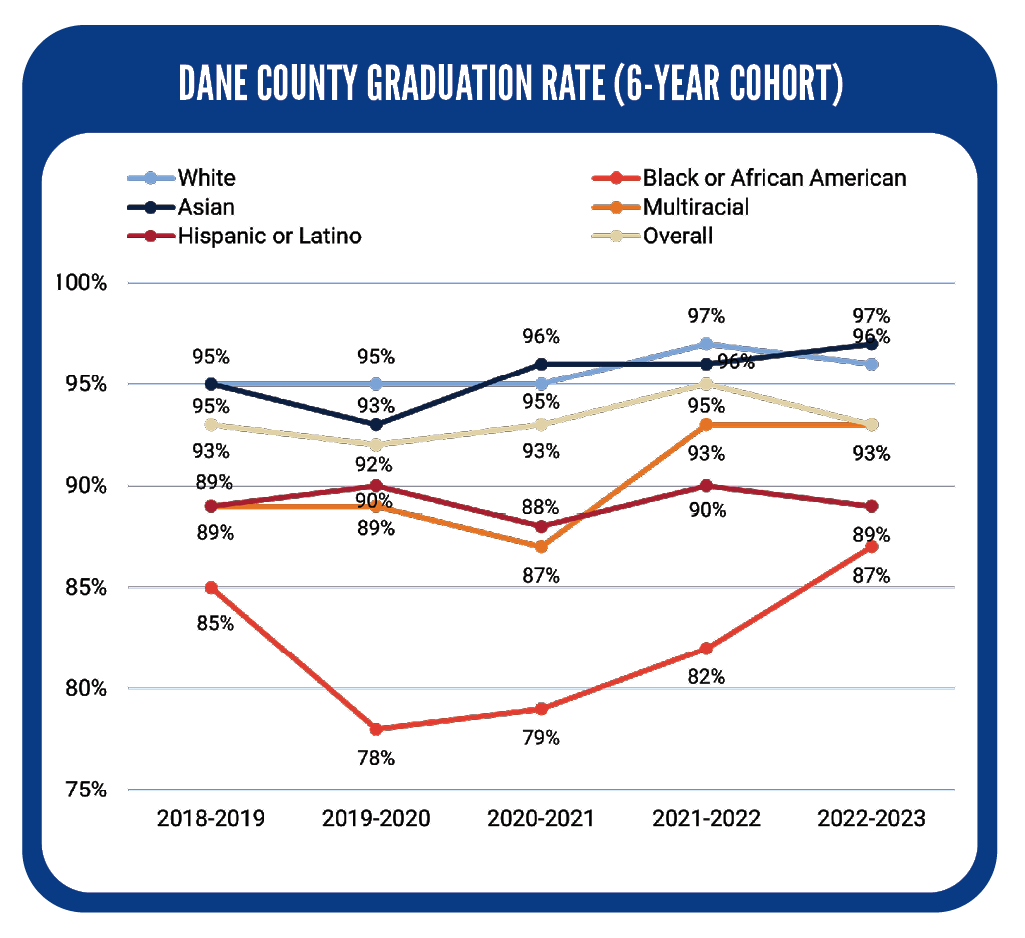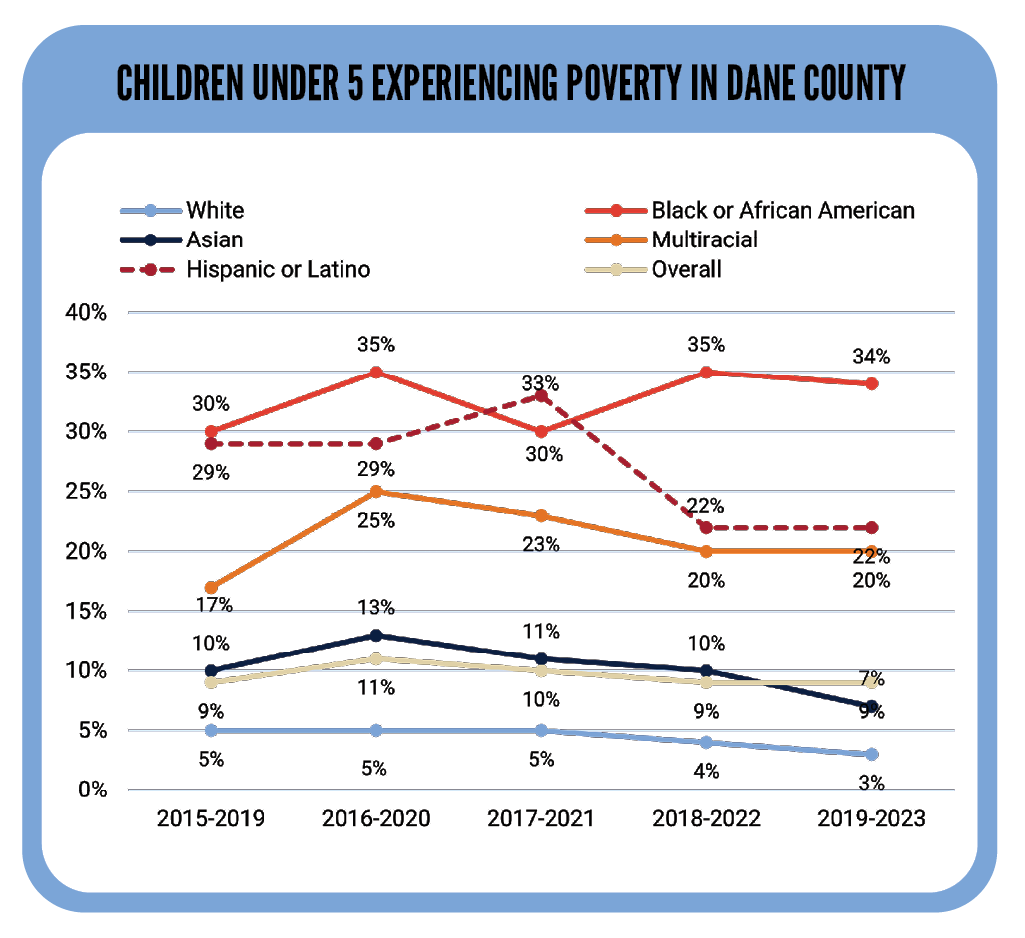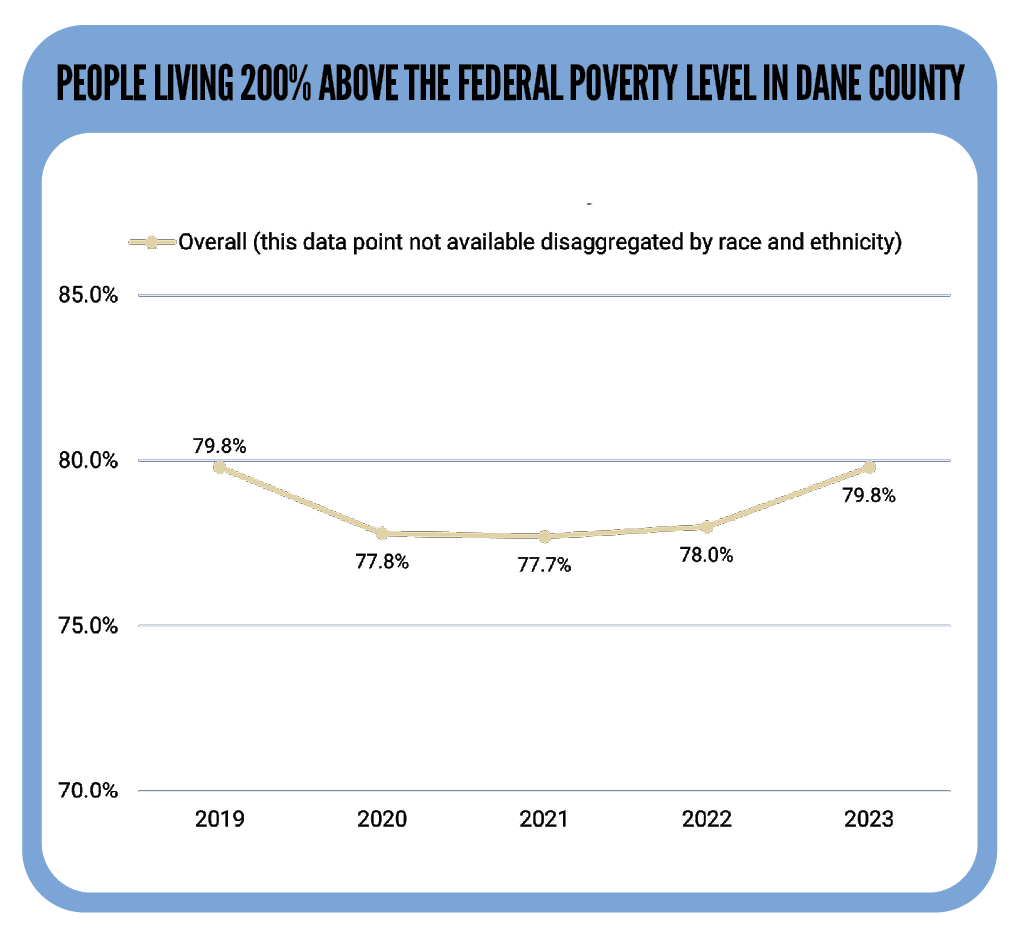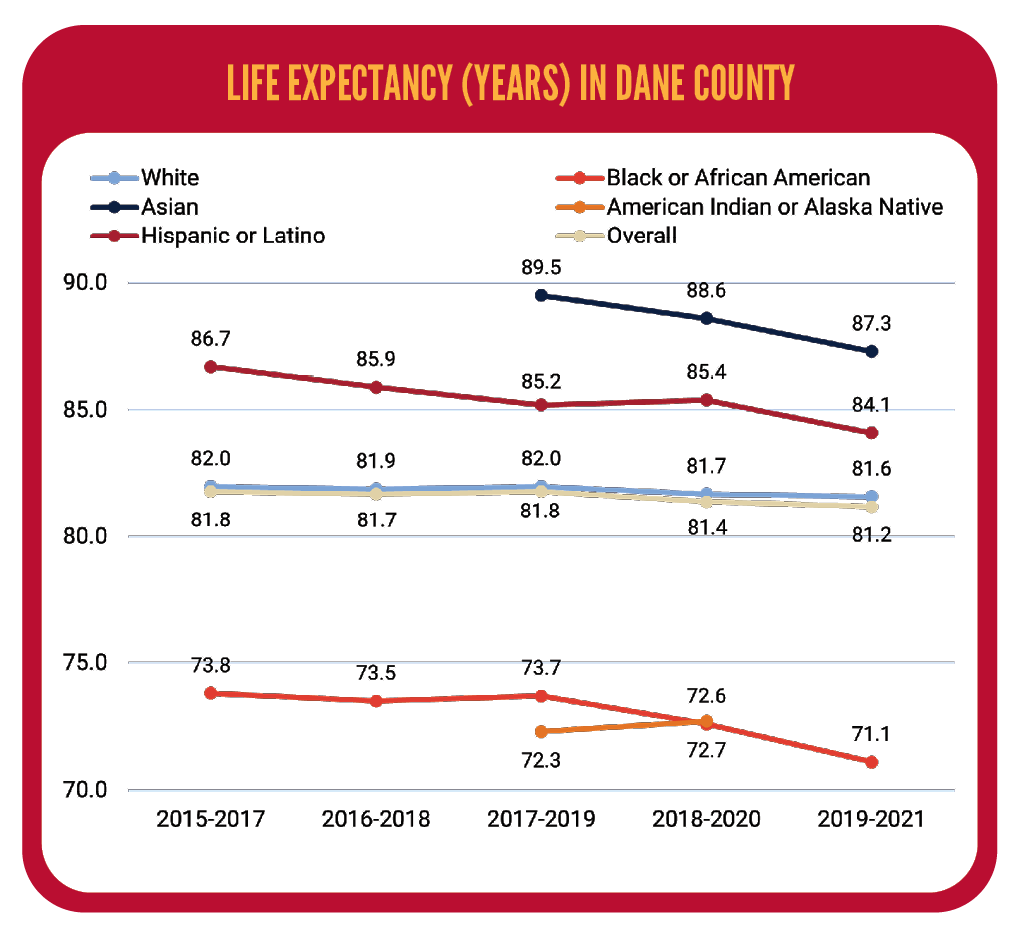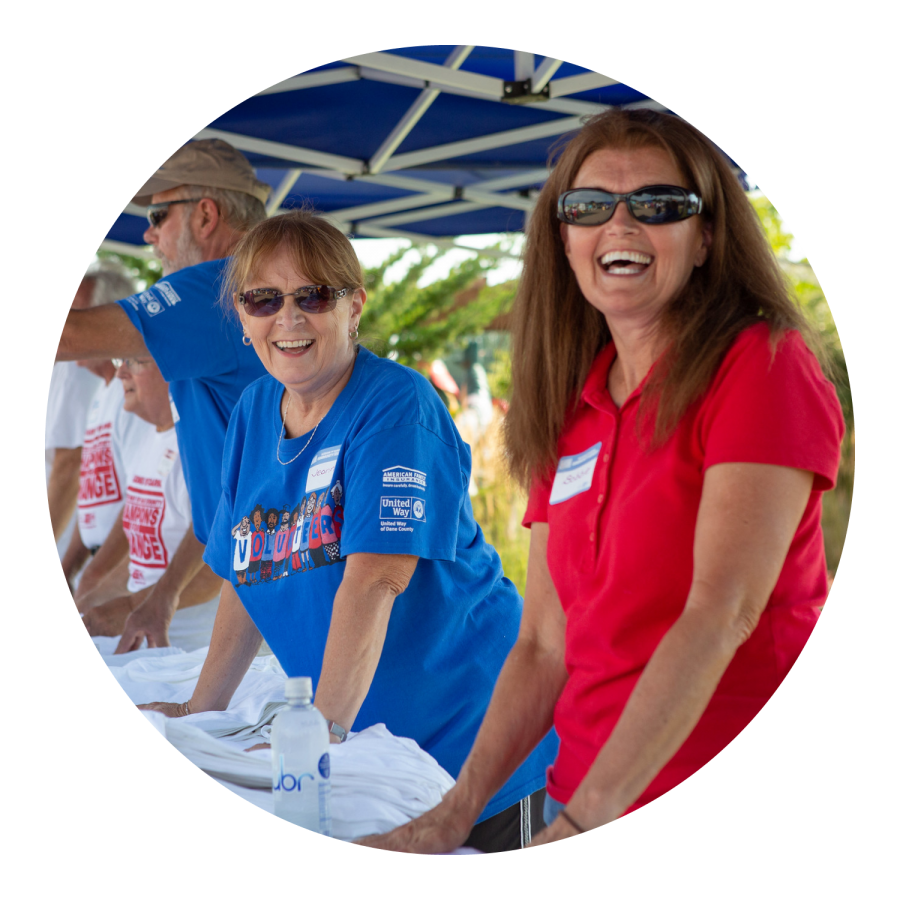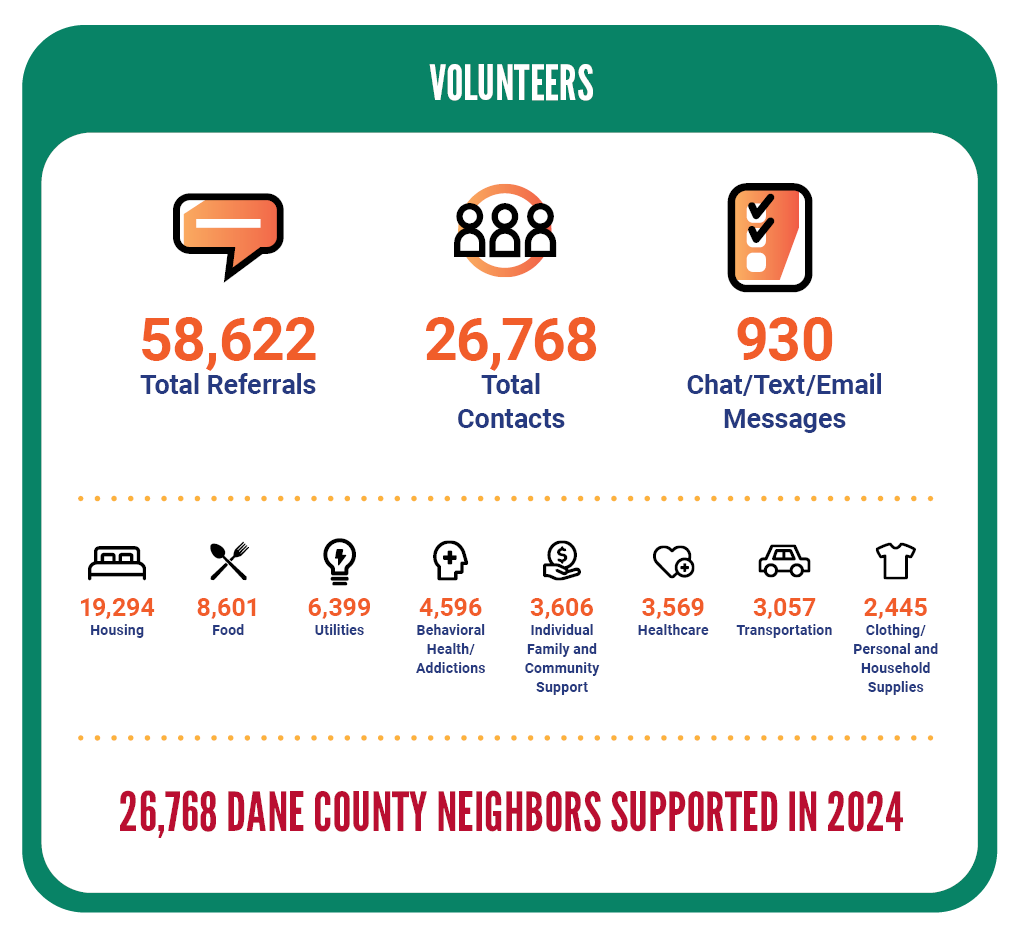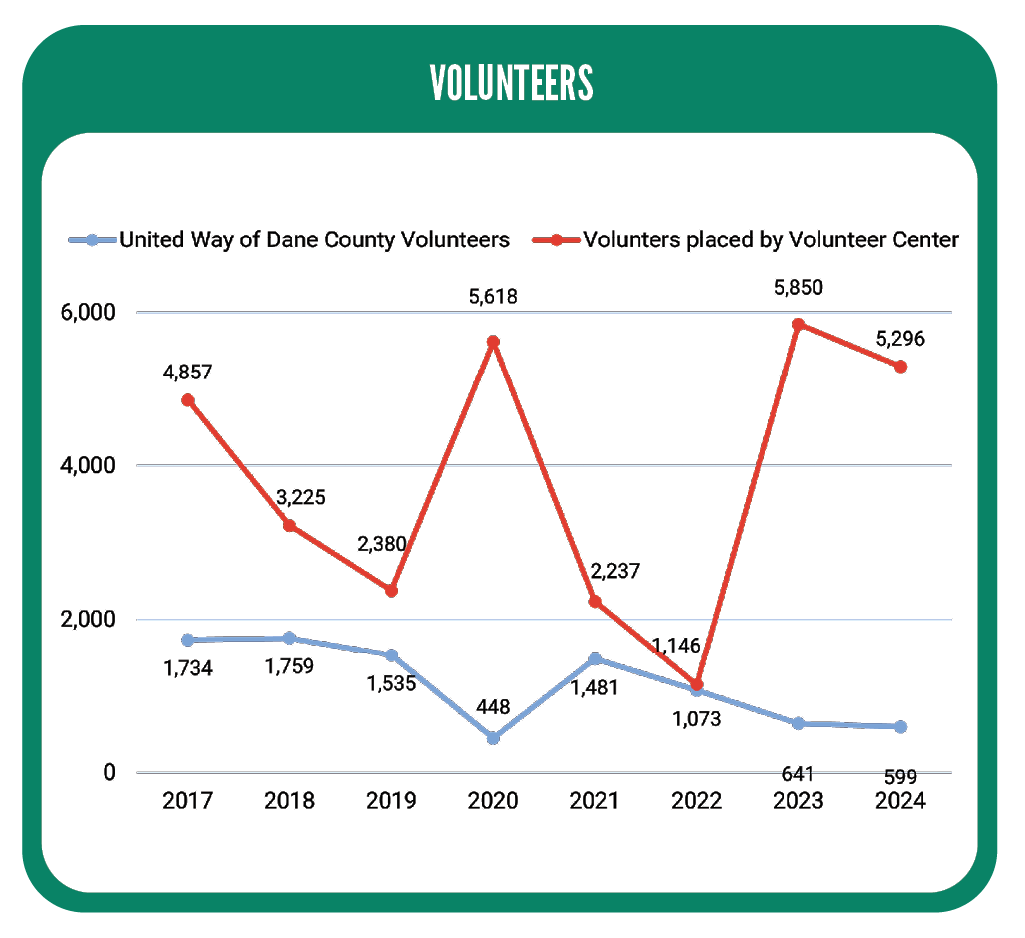Youth Opportunity
Home visits • Childcare • Tutoring
Helping young people realize their full potential
Every young person deserves the opportunity to thrive. At United Way, we help children get off to a good start and empower youth to reach their full potential by breaking down barriers to success. We advance early childhood education, literacy development, math and critical thinking skills, college and career readiness and family engagement – fostering a future where every young person can realize their dreams.
Children who start kindergarten-ready and finish high school are more likely to have the skills required to be successful in post-secondary education, an increasingly complicated job market and society. Adults with higher education levels are more likely to gain employment with family-sustaining wages.
- Build family well-being by intentionally and simultaneously working
with children under five and the adults in their lives together. - All students succeed academically, and graduate high school
prepared for higher education, career and community.
Childcare and Early Childhood Development
- Increase access to high quality, culturally relevant early care and education experiences particularly for Black, Indigenous and Families of Color experiencing poverty.
- Build caregivers (parents and early care and education teachers) understanding of healthy child development through family and community outreach (outside of childcare, i.e. home visiting).
- Connections to community resources and programs: remove barriers to accessing family support services that allow families to access the resources and services they need to overcome the experience of poverty (collective impact).
- Support/influence policy changes that will deepen early learning and development outcomes for children.
In School, After School and Summer Learning, Literacy Development, Family Engagement and College and Career Readiness (K-12)
- Facilitate access to additional learning opportunities to enhance students’ mastery of academic content.
- Build students’ social/emotional and non-cognitive skills.
- Ensure students’ behavioral health and wellness.
- Foster connection, belonging, leadership and academic success with youth at risk of disconnecting.
- Recognize family engagement as a key component to improve student successes and outcomes.
We’re investing in strategies and programs that help support quality childcare and early childhood development – creating connections with families and young children – because we know that parents are our children’s first teachers.
We also support and lead programs that help prepare youth for the classroom and life beyond, through tutoring, mentoring and social-emotional learning (like empathy and confidence).
- Increase percent of third graders in Dane County reading proficiently at or above grade level.
- Increase percent of Dane County students who graduate high school.


